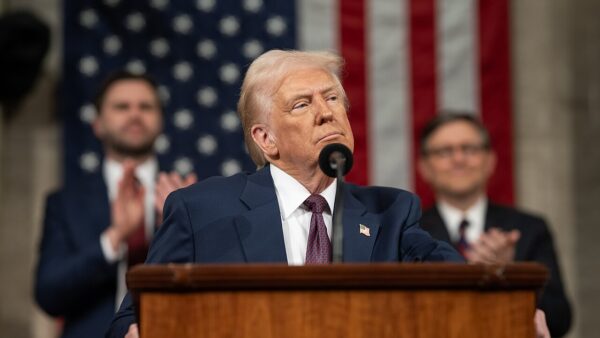Infrastructure projects in Asia are now at a heightened risk of disruption from environmental protests, analyst Fitch Solutions has warned.
Two other risks it notes are a growing reliance on foreign direct investment, and the failure of public-private partnerships (PPPs).
In a research note, Fitch said it observes “growing social activism against potentially environmentally damaging projects and practices”.
The warning comes as developing economies in Asia are undergoing a wave of infrastructure investment to support economic growth.
Projects are now under heightened scrutiny by the public, both domestic and international, the analyst said.
“With the proliferation of social media platforms, people are also finding it easier to voice their opinions and discontent,” Fitch said. “These social risks can lead to escalated project costs, namely due to delayed project timelines, the possibility of tweaks to project specifications, and in the worst case, project suspensions and cancellations.
For example, plans to construct the Myitsone Dam sparked protests across in Myanmar. It would have dammed the Irrawaddy River, forcing the relocation of villages and affecting the fertility of rice-producing regions downstream.
Opposition to the project gained momentum in 2011, eventually resulting in the suspension of the project by the government.
Fitch also noted recent protests again land reclamation schemes in Hong Kong, coal-fired power plants in Thailand, and a rail project in Singapore.
Foreign funding risk
Most governments are still constrained by a tight budget and need foreign direct investment (FDI) to build infrastructure.
This exposes the sector to more geopolitical risk, with relations between the contributing and recipient countries a factor in project continuation.
With project life cycles often extending beyond election cycles, changes in governments put projects at risk of policy change.
For instance, in recent years, new governments in Sri Lanka and Malaysia have tried to cancel or suspend large, Chinese funded projects.
Fitch said the risk is more pronounced for projects related to China’s Belt and Road Initiative (BRI), “due to the increased level of skepticism directed at the initiative by the international community”.
“Moreover,” Fitch said, “worsening tensions between China and the US has left many BRI countries in difficult positions, with western countries pressuring BRI countries to reduce its partnership with China, while China has constantly reassured participant countries that the initiative is win-win for both parties.”
PPP risks
PPPs are increasingly popular, but because transactions often involve multiple stakeholders and are financially sophisticated, host country’s need strong financial and legal institutions to make PPPs work for them.
Fitch counted more than 500 projects labelled as PPPs, constituting more than 15% of all projects in the pre-construction phase.
“While frontier markets such as Bangladesh, Pakistan, Vietnam and Laos are home to a large number of PPP projects, these countries are still behind the curve in terms of the strength of their institutions,” the analyst said, adding that contract enforceability could become an issue.
Image: A Melbourne climate strike on in September 2019 attracted thousands (Takver/CC BY-SA 2.0)










